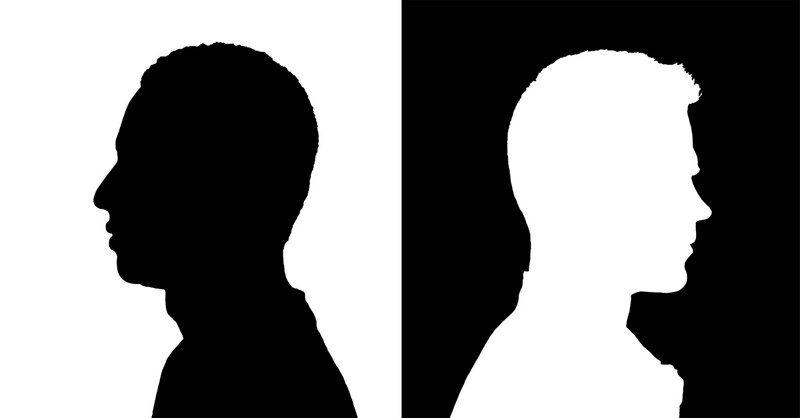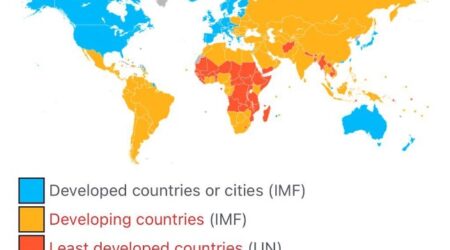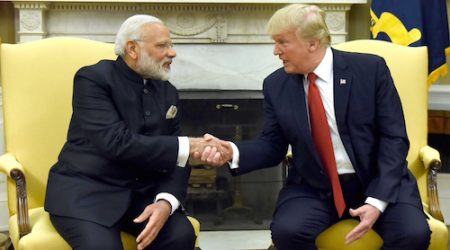By Shivaji Sengupta
Critical Race Theory is a concept that seeks to challenge historically ingrained racism in the U.S. and reform the law to restore equity in our lives. Now even as I write this, I wish the language weren’t so academic. Immediately, it puts off half the people. The phrase “historically ingrained racism” suggests exactly what its opponents say it does: that historically speaking racism has become a part of our physical-psychic self. Like it or not, we are all racists and racism is palpably unfair. This kind of approach pits progressives who believe White people should be pushed to confront systemic racism and White privilege in America, against conservatives who see these initiatives as painting all White people as the culprit. So let’s try another way of explaining Critical Race Theory.
When we say “historically ingrained racism” what do we mean? That human beings all over the world, not just in America, have been brought up to live with differences – differences in physical appearance, culture and creed; in economics, and through religion. In living life, difference is the first thing we are aware of. Add to this the fact that humans are also naturally and heavily biased toward their own, it follows that one of the fundamental human traits is to differentiate between themselves with a bias toward their own kind. This favoring of our own kind becomes that much easier, and pervasive, if we are also more wealthy and/or powerful than those we are seeking to discriminate against. This is a worldwide phenomenon. In India we still discriminate on the basis of caste; in Europe, on the basis of class; in many Islamic countries (and in some places in India) on the basis of religion. In the United States it is on the basis of race. What many social scientists in this country have been saying, for quite some time, is racism is endemic in American society because unfair discrimination on the basis of power is all so human (not American). Race happens to be the discriminator here as caste is in India, religion or class in other countries.
Some of you may object to my explanation by saying that nature is not the only phenomenon we live by. There is also education. Education teaches us to be fair, not to discriminate.
True enough. Then let’s say that Critical Race Theory is Education’s way of correcting discrimination that has over the ages favored the domination of those who are stronger and more powerful, deprive the dominated, keeping power and privilege permanent. But because of education, this kind of unfair discrimination based simply upon power has been slowly declining. Critical Race Theory has been quietly playing a role in this very slow process of emancipation.
I say it has been playing a quiet role because, all of a sudden, since the murder of George Floyd last year, race has become an explosive issue. And since a number of states’ school curricula were already being influenced by elements in the Critical Race Theory, opponents of these curricula started blaming it and brought it squarely back into focus. Hitherto, it had been in the domain of colleges and universities (“fetish of graduate schools,” the enemies of CRT say), the purview of scholars like Henry Louis Gates, bell hooks (yes, she spells her name in small letters) and Cornel West. So let us now see why Critical Race Theory has suddenly taken a center stage in the discussion of racial discrimination.
Shakespeare has said somewhere, some are born great, and others have greatness thrust upon them. Critical Race Theory has had greatness thrust upon it, by its enemies, mostly in the Southern states. Infuriated by the unfortunate epithet of “systemic racism,” the critics of CRT found themselves being called the bad guys perpetuating racism. Now, systemic racism is different from the endemic tendency to discriminate that I have just explained. What is Systemic Racism? Progressives see racial disparities in education, policing, and economics as a result of racism. Conservatives say analyzing these issues through a racial lens is, in and of itself, racist. Both are systemic racism. Notice that the theorists of critical race do not use the term systemic racism. It’s a term hurled at conservatives by extremists. Regardless, enemies of progressives are lumping together progressives, extremists and academics of Critical Race to draw their battle lines. That, along with the deaths of African Americans like George Floyd, and the worldwide rise of Black Lives Matter (BLM) movement, have made Critical Race Theory the internal combustion engine of contemporary racial discussion in America. Trump and the Conservatives are its transmission.
Stung to the quick at being called racists, the conservatives took their complaint straight to Donald Trump when he was president. According to a story in the Washington Post, he was “absolutely shocked” to find out that children were being taught to hate the America of their forefathers because they were racists. Not only that, generations following their forefathers were also racists, including them. The conservatives told Trump that the schools were teaching children to hate themselves.
Donald Trump took on the battle. Using presidential power he wrote on September 22, 2020, an Executive Order (#13995) – “Combatting Race and Sex Stereotyping” – banning cultural diversity training in all federal agencies including schools, and outlawing any attempt to hold the present or past generations of Americans culpable of racism. During the presidential debate with Joe Biden, Trump, when asked to explain why he wrote that Executive Order said, “They are teaching our children to hate America, they are teaching horrible things…I can’t allow that to happen.”
Donald Trump, a man of limited education and a quick temper, had swallowed the conservative propaganda hook, line and sinker. One of the propagandists is the American conservative activist, Chris Rufo. Blaming the intellectual foundation of both Black Lives Matter and racially conscious school curriculum entirely on Critical Race Theory, Rufo wrote:
“We have successfully frozen their brand—’critical race theory’—into the public conversation and are steadily driving up negative perceptions. We will eventually turn it toxic, as we put all of the various cultural insanities under that brand category….The goal is to have the public read something crazy in the newspaper and immediately think ‘critical race theory.’ We have decodified the term and will recodify it to annex the entire range of cultural constructions that are unpopular with Americans.”
Rufo expects to eventually to ban Critical Race Theory not only from school syllabi, but also to influence state, and eventually federal lawmakers to outlaw theories of Critical Race so that “the so-called wokes of this world never have their way in America,” (The term, “woke” is a meme signifying those people who are educated, racially conscious and humanistic – in other words well-versed in Critical Race Theory).
It seems like Rufo’s dream may come true.
Russell Voit, President Trump’s Acting Director of Management & Budget, is now the head of a group called the Center for Renewing America, is currently working with lawmakers in Georgia, Arizona and Wisconsin to achieve just that. He says fighting critical race theory is the group’s top mission. He is working to help state legislators draft and promote bills on the subject as well as crafting political strategy. At its core, the issue is how Conservative and Republican states can craft Bills so that they prevent whatever CRT prescribes for society to follow. If, for example, CRT encourages diversity training, the Bills would outlaw the consequences that might come from it. Cultural Diversity teaches us to respect the ethnic values of different cultures, so that people of different ethnicities feel included in the American process. A Bill opposing the recognition and acknowledgement of cultural differences might start with requiring elementary school children to assimilate into a predominantly Anglo Saxon culture of a particular state. It would follow, axiomatically, that schools would adopt any educational method that is geared toward acceptance of cultural diversity: eliminate bilingual and bicultural approaches toward education; require only eurocentric subject matter to be taught; and hire teachers predominantly from Anglo Saxon backgrounds. Critical Race Theory is not an academic curriculum any more, said Glen Youngkin in a pitch for the governor’s race in Virginia in Fox News. It is a political agenda to divide people and actually put people into different buckets and then pit them against one another,” he says. “Critical race theory will not be in Virginia’s schools when I serve Virginians as the next governor.”
So where does all this leave us, Indian-Americans living and doing well in the land of greatest opportunities? It is obvious from what I have written that my sympathy and support is with CRT. I think we all can learn a lot from the philosophy and politics undergirding it. We must not forget we are among the most credentialed (if not educated) and most well-to-do citizens in this country, Whites included. With education and wealth comes responsibility. CRT can teach us to be socially aware, humanistically responsible human beings. But at the same time, we must not fall into the trap of being “enlightened elites” well-versed in theory but poor in its application.












